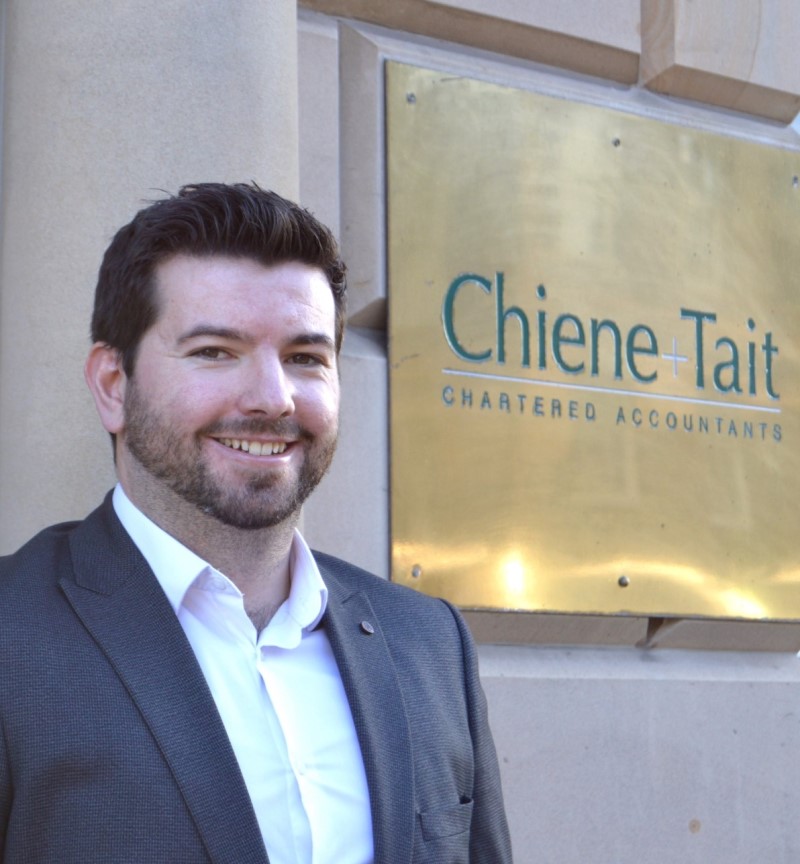Dave Philp: Businesses must prepare for R&D tax relief crackdown
Dave Philp, head of R&D tax at accountancy firm Chiene + Tait, urges business to prepare for a research and development (R&D) tax relief crackdown.

Dave Philp
R&D (research and development) tax relief, introduced in 2000 to encourage more company investment into innovation, is more popular than ever. In 2017-18, UK companies submitted over 48,000 claims for R&D tax credits. A total of £4.3bn in tax relief was secured, an increase of £1bn from the previous year. Here in Scotland, £175m in R&D tax relief was secured by businesses in 2017-18.
While this rise in claims is positive, suggesting more UK businesses are innovating to make themselves competitive, there are also concerns about illegitimate claims being submitted, as a means of evading tax.
HMRC is now taking steps to combat fraudulent claims, reporting it has already identified and prevented half a billion pounds of fraud linked to R&D tax credits.
Last year the Government announced it would re-introduce the PAYE and NIC cap on SME payable credits, a move aimed at preventing fraud within structures set up to claim a tax credit despite there being no evidence of UK-based innovation activity or job creation.
Following the internal re-structuring of HMRC’s R&D tax teams last Autumn, it was also announced in the Queen’s speech that the Government would create a single, beefed-up anti-tax evasion unit to cover all taxes and introduce new anti-avoidance measures.
This forthcoming clampdown on R&D tax credit abuses in the UK follows a similar process carried out in Australia in 2018 which sent shockwaves through that country’s software sector. The Australian Government’s crackdown had significant impact with companies, including the tech firm Airtasker, being ordered to pay back millions of dollars they had received in R&D tax breaks.
While a number of businesses there were caught on the hop, the Australian Tax Office had made clear a year earlier of their intention to review R&D claims from software companies. This came amid concerns that advisory firms were encouraging companies to claim for work, which didn’t count as pure R&D.
Despite the British Government getting set to impose greater scrutiny here, its support for R&D tax credits is unlikely to dissipate, especially with the UK having just completed its withdrawal of the EU.
Indeed, the new Boris Johnson-led administration has stated that it will review the definition of R&D, mainly to further incentivise cloud computing and data projects. It has also announced it will increase the R&D Expenditure Credit available for large companies and grant-funded projects.
Potential abuse of R&D tax relief claims are, however, likely to be subject to much closer scrutiny going forward. To assist this process, one of the areas that the Government should be focused on is tougher regulation for those who advise companies on R&D tax relief.
Whilst there are a number good, tax focused R&D advisors operating within the UK, there are also a number of ‘experts’ who resort to cold-calling and wrongly advising that a company can easily qualify for relief. HMRC can take its time opening enquiries into a company’s tax affairs and any erroneous claim will be required to be repaid along with potential penalties and interest. It will also likely serve as a red mark in any due diligence process should the company wish to be sold in future.
While other business advisory professionals, such as accountants and lawyers, must rightly conform to regulation and governance from their respective industry bodies, there is currently no such body to regulate R&D specialists. New regulation in this area would help to ensure companies are not put in risk at making any illegitimate claims.
Time will tell if the UK’s R&D tax credit crackdown will prove to be as harsh as what occurred in Australia. There is, however, no doubt that companies need to consider whether they meet HMRC’s definitions as set out in the tax legislation and guidance with sufficient back up to support their claim. For those companies that are unsure of this process it is important they work with a credible and established adviser, ideally one that is currently governed by an industry code of conduct.










